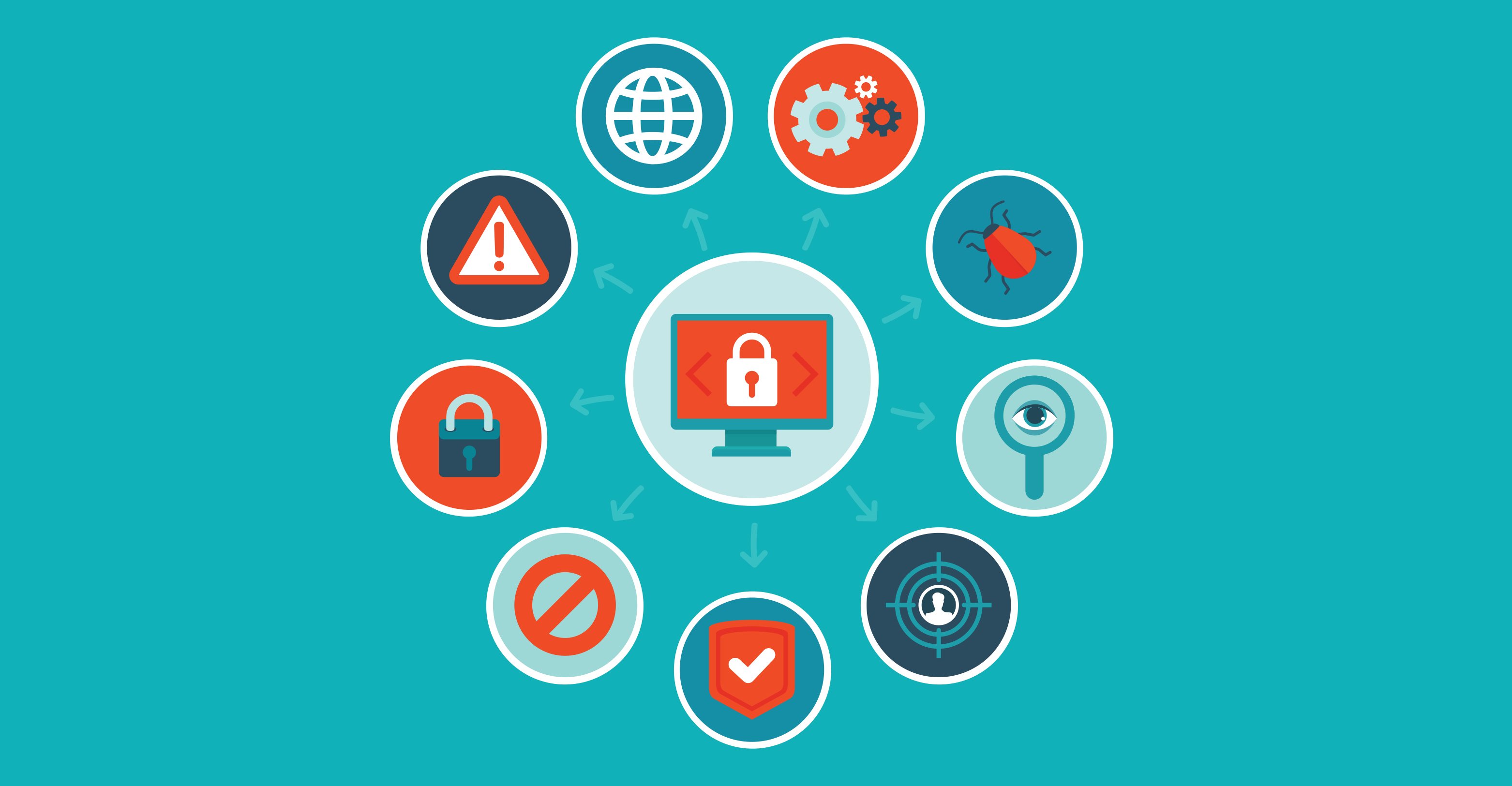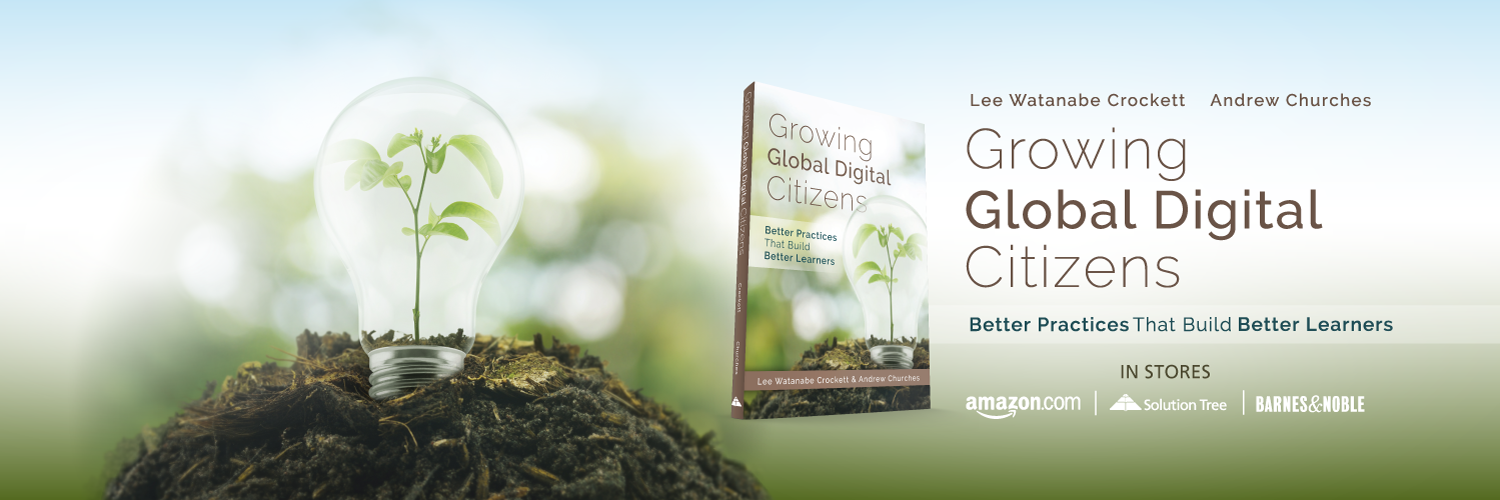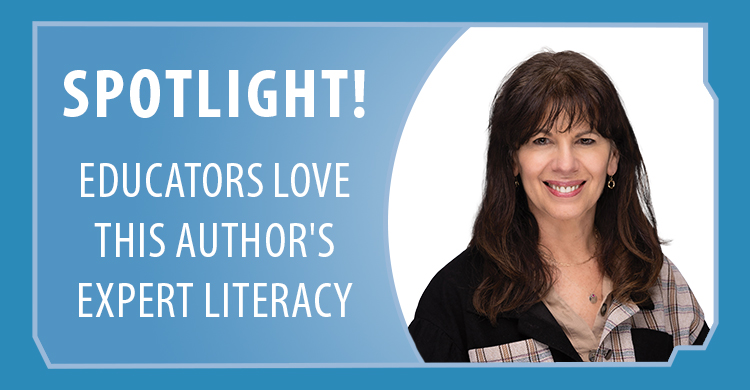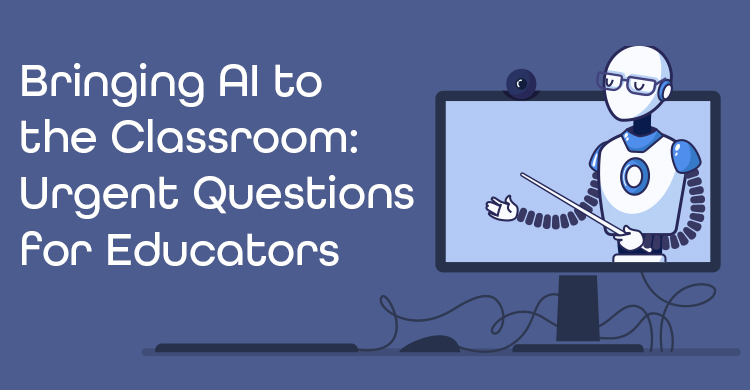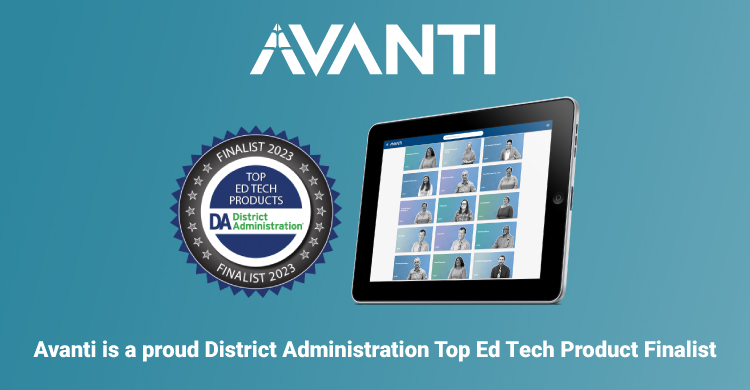Based on the book Growing Global Digital Citizens.
By this time of year, most of us have reflected on the past and thought about the lessons learned and resolutions made. 2017 has been a year of milestones, events, and changes. There are many that we can examine critically, but there are two that are significant and worthy of discussion and review: “Wanna Cry” and fake news.
“Wanna Cry” Ransomware
While many people might have been aware of the concept of ransomware, few had actually considered it with any level of seriousness. But as this malicious application encrypted hard drives; crippled unprepared businesses, organizations, and individuals; and generally wreaked havoc—all the while demanding a payment in untraceable Bitcoin—the shocked world asked why people and organizations weren’t better prepared.
As this digital disaster unraveled like a slow-motion trainwreck stretching out for days, I asked my students some of the fundamental questions about personal responsibility and citizenship. How many of them had recently backed up their devices? Who had run updates on their operating systems; an update released prior to the “Wanna Cry” attacks patched the vulnerability in the operating system that enabled the attack.
Personal responsibility is a core element of global digital citizenship. In this instance, it is simply a case of regularly updating your software and having an up-to-date backup of your data. For both middle and high school students, it is actively taking steps to protect their passwords, accounts, and resources.
While the consequences for most students because of “Wanna Cry” were minimal or nonexistent, sadly the same could not be said for a number of organizations, including hospitals that had their data transformed into unusable gibberish. This had real consequences for those injured and unable to receive the proper level of medical attention and care they required in their time of need.
Fake News
The second point of reflection for me actually started in 2016, as the world was introduced to the concept of fake news. Like “Wanna Cry” and ransomware, inaccurate, partial, and sometimes just plain fake news is not a new concept. The democratic nature of the web means that anyone who has access to the right applications of a site can, with relative ease, publish convincing materials and media releases. The nature of many of the social media services means snippets can be taken out of context and, in the absence of background information that frames the event, be seen in a completely different context.
As an educator, I attempt to develop a degree of healthy skepticism in my learners. I ask them, is one voice enough? Is the loudest voice the most accurate? What is the difference between fact and fiction? How do you know something is accurate, and for that matter, what is accurate? Stepping back to definitions and understanding, terms such as accurate, valid, reliable, considered, and balanced are starting points for exciting and often challenging conversations. In these times of international and sometimes domestic tension, this common understanding of key terms provides the foundations for meaningful, considered, and insightful discussions. (See this related blog post on the challenges of online lives.)
This too leads back to the foundations of respect and responsibility within the citizenship agreements, in this case respect and responsibility for property. Being able to efficiently and reliably acknowledge sources and put in place processes and mechanisms that assist in validating information are critical tools in a time of part truths, alternative opinions, and fake news.
Yes, 2017 has been a year of learning opportunities. Many were not comfortable or pleasant, but they were the teachable moments that enabled us to better prepare our students to be global digital citizens.
[author_bio id=”897″]


